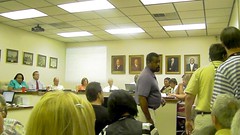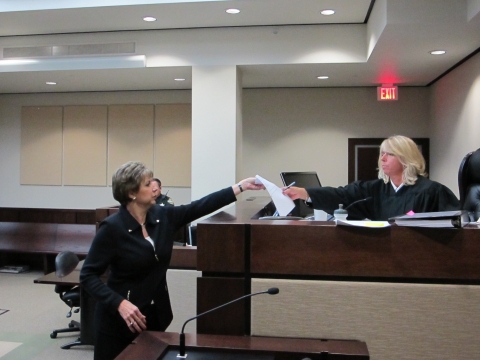The same reporter, Rebecca Boone, wrote again for AP Sunday, almost a year later, CCA-run prison remains Idaho’s most violent lockup
What improvement there has been is because multiple inmates filed lawsuits.BOISE, Idaho (AP) — In the last four years, Idaho’s largest privately run prison has faced federal lawsuits, widespread public scrutiny, increased state oversight, changes in upper management and even an ongoing FBI investigation.
Yet the Corrections Corp. of America-run Idaho Correctional Center remains the most violent lockup in Idaho.
Records obtained by The Associated Press show that while the assault rate improved somewhat in the four-year period examined, ICC inmates are still more than twice as likely to be assaulted as those at other Idaho prisons.
Between September 2007 and September 2008, both ICC and the state-run Idaho State Correctional Institution were medium-security prisons with roughly 1,500 inmates each. But during that 12-month span, ICC had 132 inmate-on-inmate assaults, compared to just 42 at ISCI. In 2008, ICC had more assaults than all other Idaho prisons combined.
By 2010, both prisons had grown with 2,080 inmates at ICC and 1,688 inmates at ISCI. Records collected by the AP showed that there were 118 inmate-on-inmate assaults at ICC compared to 38 at ISCI. And again last year, ICC had more assaults than all the other prisons combined.
Even so, Idaho renewed and even increased its contract with CCA. With one small improvement: Continue reading







